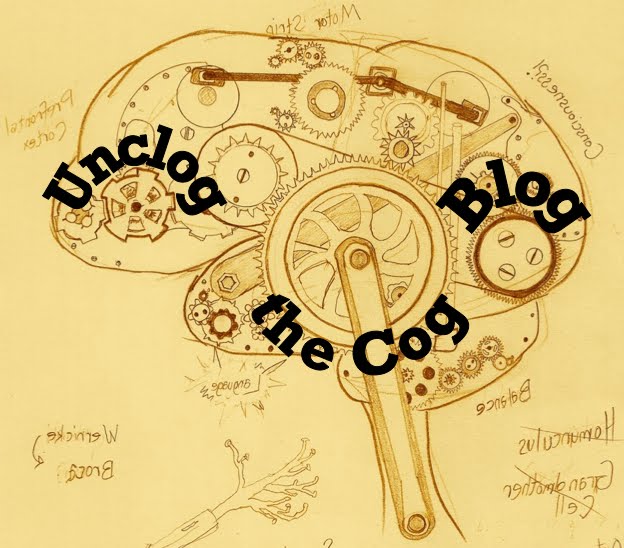To build on the post by Anonymous:
One of the things we struggle with in our field is terminology. Learning Disabilities? Learning Differences? Dyslexia? Specific Learning Disorders? How can we purport to know anything about learning and it's individual variations if we don't even know what to call it?
For one, we can rest assured that the choices are better today than they were more than 40 years ago. I would hate to tell a kid to their face that they had "minimal brain damage" or to explain that they were "educably handicapped" (or as my 17yr old used to say, "candilapped"). Reading disorders used to be named according to what they looked like, such as "word blindness" or to make it really fancy, put it in Latin: "Strephosymbolia" (twisted symbols).
Ever since the early coinage of the term LD in the late 1960's, the field has struggled to separate itself on one hand from more general mental delays (hence, the addition of "specific") and also differentiate itself from "normal" developmental variation (hence the prefixes DISability or DYSlexia).
I do find "disability" to be a misnomer, because I spend much of my treatment hours persuading children that they ARE able, given the right strategies, practice, etc.
In my own mind, the lack of agreed upon terminology reminds me to be humble. What medical field would still not have a name for the disease they are curing? "Hmm, should we call it Cancer, or..." The fact that we don't even have our terms straight yet tells me how early we are in our thinking. No blood tests yet, no diagnostic fMRIs, no Hippocrates to lay down the tenets of ethical treatment ("First, do no test bias"). I guess it could be encouraging that the field of Physics still hasn't quite settled on whether LIGHT (the most trusted way we could be said to know something directly) is a particle or a wave. Sounds a little bit like our field of LD calling it one thing to a kids face and another thing to a suit-sporting table of professionals at an IEP. In the mean time, while we muddle through our terminology differences and DSM revisions, I tap back into that humility notion and listen to the way that kids talk about their own struggles. That's probably the best way to find out what it feels like from the inside out, and it's the best way to know whether they have recovered, or compensated, or overcome their, um, their...oh, whatever you want to call it.
.jpg)
Anonymous, back with a name...and glad you didn't call the whole thing off. :)
ReplyDeleteTerminology and language do indeed have such power...am reflecting upon that muchly lately, given the wringing of hands of labels-as-epithets in the political realm, as well as the very real and immediate issues surrounding proposed changes to the DSMMD. Just one example: folding Asperger's Syndrome into Autism Spectrum. A very lucid and well crafted plea to *keep* Asperger's as a "label" was given by a young woman interviewed on NPR yesterday. She found value in how the label and it's attendant information helped her understand herself, and how she could explain herself to others. She called it part of her "core" concept.
So, that which is seen by some as limiting is embraced by others for the power it conveys. Her story reminded me very much of your mentioning of listening to kids convey their own struggles. There are the mantles we place upon them...and the things they understand from within. And how they see the mantle draped upon themselves.
As for jargon vs. vernacular...I tend to think there is a mix of helpful specificity AND a desire to show one can "play ball." Academic hoops of fire. Which yes, have been known to irritate me. OTOH, navigating the space between that and "talking straight" is another one of those ways you can potentially lay out/discover even more about your own meaning and that in the labels.
Perhaps the fact that I comment reflects my own comfort with "talk discovery"??? :)